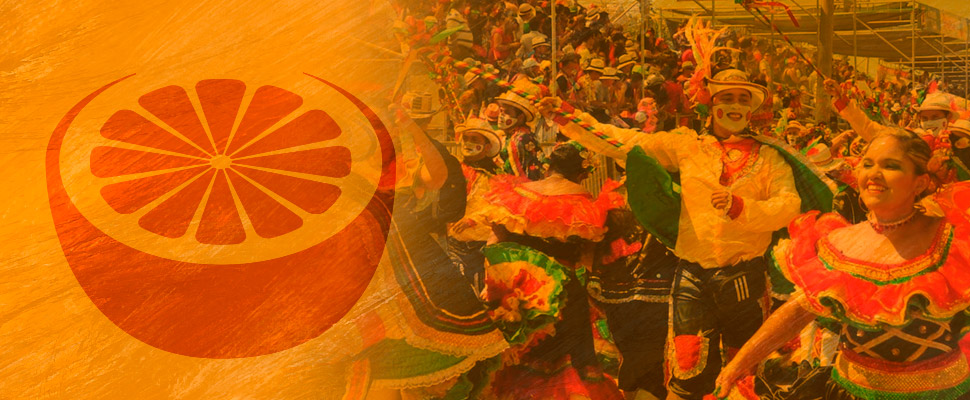Orange Economy: the preservation of cultural industries in Colombia
Listen this article
The orange economy not only bets on increasing Colombia's GDP, but also preserves culture by becoming an attractive sector for investors

According to UNESCO, cultural industries arise from the transformation of the ways in which culture is thought and disseminated; transformations that occurred in turn due to technological advances and the change from paper to digital in the media, which led to the abrupt change of production of cultural objects and their circulation.
Leer en español: Economía Naranja: la preservación de las industrias culturales en Colombia
It was then that in the 90s the concept of 'creative economy' arose, which begins to understand creativity "as the engine of innovation, technological change and as a comparative advantage for the development of business". The creative industries now have the potential to generate wealth and employment, and, thanks to their dual nature, they can accommodate sectors where it is produced both industrially and on a medium and small scale, maintaining both the same market dynamics, promotion, and dissemination. This means culture and economy are linked to support each other.
This is precisely why a government should have within its immediate agenda the linking of these factors because it allows economic growth and the preservation of cultural identities.
According to UNESCO, the definition of cultural industries is: "Those sectors of organized activity whose main purpose is the production or reproduction, promotion, dissemination and/or commercialization of goods, services, and activities of cultural, artistic or patrimonial content".
Read also: Venezuela: democratic pressure before military intervention
Can the orange economy help preserve cultural industries in Colombia?
The orange economy is a concept coined by Iván Duque, current president of Colombia, and Felipe Buitrago, in his book The orange economy: an infinite possibility, in which they define it as a "set of activities that in a chained way allow ideas to transform into cultural goods and services, whose value is determined by their intellectual property content. The orange universe is composed of: i) the Cultural Economy and the Creative Industries, in whose intersection are the Conventional Cultural Industries; and ii) support areas for creativity".
The campaign of the now president Iván Duque was marked by this concept and it is one of the most important bases of his government with his premise of "culture belongs to everyone"
In Colombia, the sectors of the cultural industries make up almost 3% of the country's GDP. Only in Barranquilla, more than 50% of the revenues for the city come from the Carnival of Barranquilla, which shows that this type of events has a strong boost on the economy of the country. The Government must ensure to maintain this type of traditions and generate spaces for new cultural forms developed by the hand of new technologies.
But you cannot stay alone in this type of events that are globally recognized, it is also essential to ensure the preservation of cultural identities that are less known, as would be the indigenous groups and the less privileged.
So far, Duque's plan consists of conducting previous studies on these sectors, their potential, their added value, their needs and difficulties, and from this they look for specific tools with which they can increase their potential and meet their needs. We must bear in mind that this leads to strengthening public and private institutions, so there is a constant movement not only economic and cultural but also in other sectors, as would be the educational.
This is very important because if you want to promote and preserve the culture you must also do it from the educational field, so it is necessary that from the education plan in Colombia students are generated an entrepreneurial thought and awareness of the importance of the country's culture.
The orange economy helps cultural industries to be attractive for large investors with great reach and growth. The culture expands, it is monetized under the protection of copyright and, in turn, the cultural heritage is preserved.
It is time for this sector to grow in an exorbitant manner, so we must work with more care in not only forming an orange economy but also forming the culture for what is coming.
LatinAmerican Post | Editorial Team
Translated from "Economía naranja: la preservación de las industrias culturales en Colombia"





